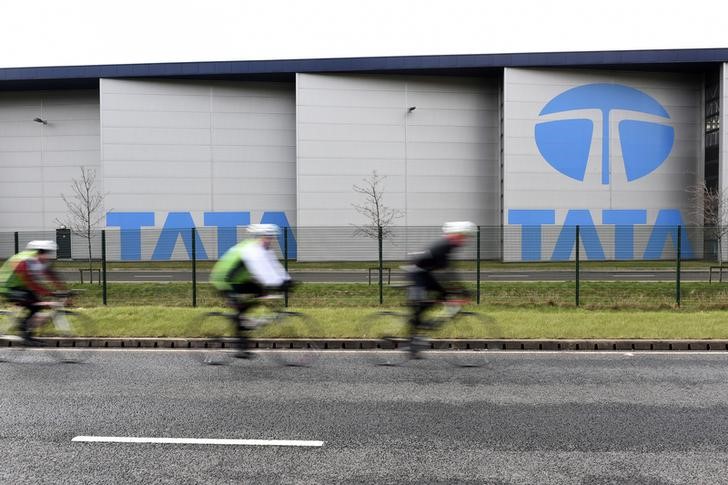Tata Steel is set to replace two 1950s-era blast furnaces at its Port Talbot plant in Wales with a large electric arc furnace, as part of a £1.25 billion (£1 = $1.21) proposal aimed at reducing carbon dioxide emissions by 80%. The move aligns with Britain's goal of achieving net-zero carbon emissions by 2050 and has received £500 million in government support.
The shift towards greener steel production is under global scrutiny, as the industry contributes about 7% of global carbon dioxide emissions, according to the International Energy Agency. Despite these environmental concerns, steel remains crucial for the production of wind turbines, electric automobiles, and military armaments. It provides employment to around 340,000 people across Britain and the EU.
However, the plant's 4,000 employees fear potential job losses and the replacement of local steel production with imports from other Tata plants in regions with less stringent environmental laws. The new technology allows for quick activation and deactivation based on market conditions, which could reduce workforce requirements.
The transformation plan is expected to safeguard over 5,000 jobs across Britain but falls short of Tata's total employment in its steel operations across the country, suggesting potential job losses. Senior official Alun Davies from the Community union will represent workers in forthcoming negotiations with the company.
This proposal comes amidst Tata Steel UK's struggles since it acquired Corus (TSX:CJRb) in 2007 for $12 billion, leading to an operating loss of £279 million last year. There are also concerns about whether there will be enough scrap metal available for electric furnace operation and whether the produced steel will meet customer standards.
Local businesses like the Steel Town Coffee Company near the plant are concerned about the town losing its identity without the steelworks, following a previous closure of a Ford (NYSE:F) engine plant in Bridgend in 2020.
The company's initiative may attract customers seeking products with a lower carbon footprint. Tata's customers include Jaguar Land Rover. Tata also recently agreed to invest up to £4 billion in a battery plant.
Britain’s chancellor of the Exchequer, Jeremy Hunt, and leader of Britain’s opposition Labour Party, Keir Starmer, have expressed their views on the proposal. Management consultancy Roland Berger has also commented on the significant investments required for greener steel production.
This article was generated with the support of AI and reviewed by an editor. For more information see our T&C.
